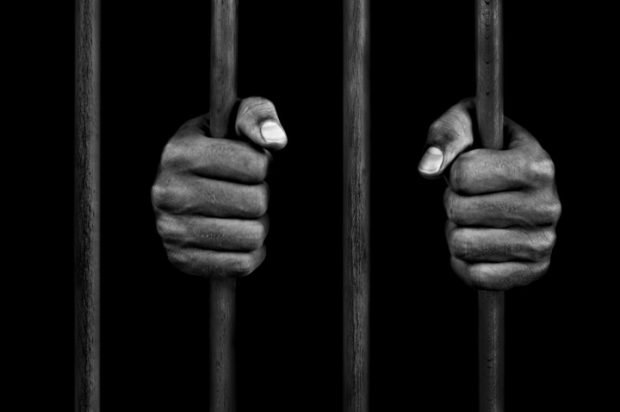New Delhi — The Indian government is preparing to take its toughest stand yet against international drug cartels. On Tuesday, Home Minister Amit Shah announced that foreign nationals imprisoned for drug trafficking will be deported directly from jails, part of a broader strategy to choke supply chains and dismantle cartels.
Mr. Shah said synthetic drugs pose not only a law-and-order challenge but also a grave threat to public health, the youth, and national security.
The “Triple Action” Strategy
Officials describe the government’s new plan as operating on three fronts:
1. Cutting supply at the source — greater collaboration with foreign governments to disrupt trafficking routes.
2. Smashing domestic networks — targeting cartels and middlemen within India.
3. Judicial streamlining — deporting foreign traffickers directly from prisons, reducing the burden on courts.
India to Honour Top CISOs from Police, Law Enforcement, and Defence Forces
The Numbers
- More than 16,000 foreign nationals arrested in drug-related cases in the past five years.
- Between 2019 and 2024, authorities registered over 4,800 cases, seizing 137,000 kilograms of narcotics.
- The narcotics network has spread to 272 districts nationwide, according to government data.
Experts Warn of Digital Cartels
Organized crime specialists caution that the fight goes beyond borders and prisons. “Traffickers have moved into dark web platforms, cryptocurrency channels and digital financing. Unless their financial backbone is broken, the networks will simply reinvent themselves,” said one senior crime expert.
What Comes Next
Shah said the government is developing a unified digital platform to allow state police and central agencies to share intelligence on traffickers, supply routes and networks in real time.
Officials hope the “Triple Action” model will not only expel foreign traffickers but also dismantle entrenched drug cartels across India.


